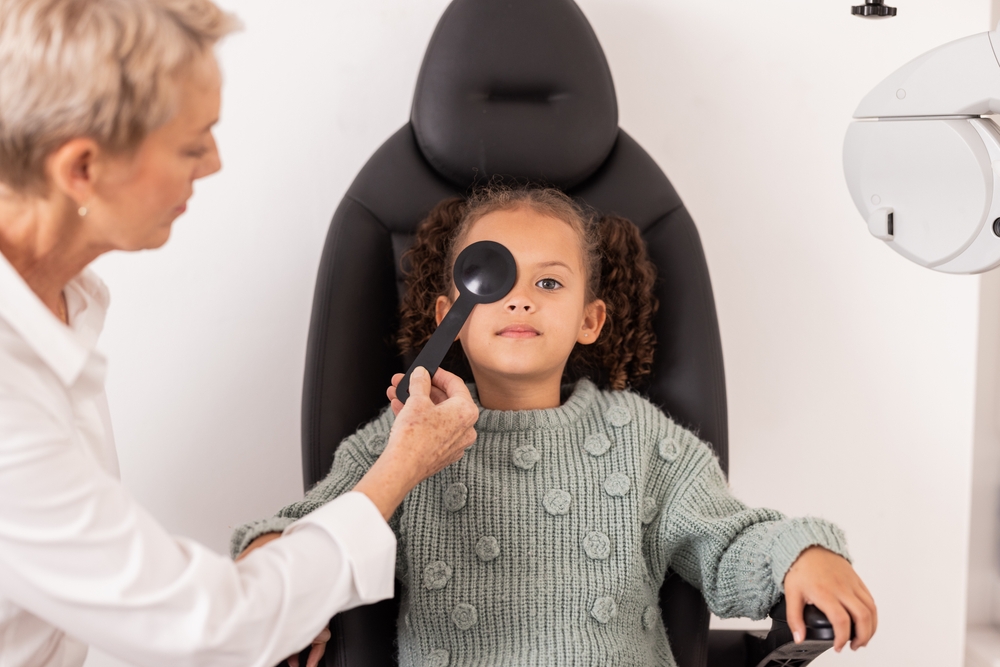
Shortsightedness, also known as myopia, is becoming more prevalent. According to some studies, it will affect nearly half of the world's population by 2050. The refractive error occurs when the eyeball elongates. That results in blurry distance vision.
Myopia can worsen as kids grow, impacting their daily lives. It can also lead to future eye health issues. New research is shedding light on novel approaches to managing nearsightedness in children.
What Is Myopia Management?
This broad term refers to various strategies for slowing the progression of nearsightedness. These strategies can work in conjunction with or instead of conventional corrective eyewear. They seek to slow the progression of myopia to lower the risk of future eye health issues. These include retinal detachment and glaucoma.
How to Slow the Progression of Nearsightedness
Work with a healthcare professional to determine the best approach to myopia management. The effectiveness of these strategies varies depending on the individual.
Using Corrective Lenses
Wearing prescription glasses or contact lenses can help correct myopia. Corrective eyewear improves vision by bending light rays as they enter the eye. That allows images to focus on the retina. That can correct the refractive error and may slow its progression.
Spending More Time Outdoors
Studies show that spending time outdoors can help protect kids against myopia. That may be due to more ultraviolet light in outdoor light, which may regulate eye growth. Encourage your kids to play outside. You want them to participate in activities requiring them to look at objects from a distance.
Atropine Eye Drops
In children, low-dose atropine eye drops may slow the progression of nearsightedness. This medication relaxes eye muscles, helping slow the lengthening of the eye. Yet, these eye drops may cause certain side effects. These include light sensitivity and difficulty focusing at close ranges.
Orthokeratology
Ortho-k is a nonsurgical procedure where the patient wears rigid contact lenses overnight. The lenses gently reshape the front surface of the eye while you sleep. That helps slow the progression of your refractive error. It may be particularly beneficial for kids. That is because it can slow the progression of nearsightedness while growing.
Multifocal Lenses
These lenses contain more than one prescription. They can help slow this vision problem by forcing the eye to focus on objects at various distances. That can reduce strain on the eye muscles, slowing the progression of nearsightedness.
Regular Comprehensive Eye Exams
Regular eye exams are necessary to track the progression of this vision problem. They are required to determine the best treatment. The eye doctor will measure the eye's refractive error during the exam.
They may recommend glasses or contact lenses to correct any vision problems. If necessary, the doctor may recommend other treatments. Regular eye exams ensure the early detection and treatment of vision problems, potentially slowing myopia progression.
Conclusion
While these strategies may effectively slow the progression of nearsightedness, they may not entirely prevent it. It is also critical to maintain optimal eye health by continuing to have regular eye exams and following the recommendations of a healthcare professional.
For more on myopia management, visit Montebello Optometry at our Montebello, California office. Call (323) 888-9111 to schedule an appointment today.








